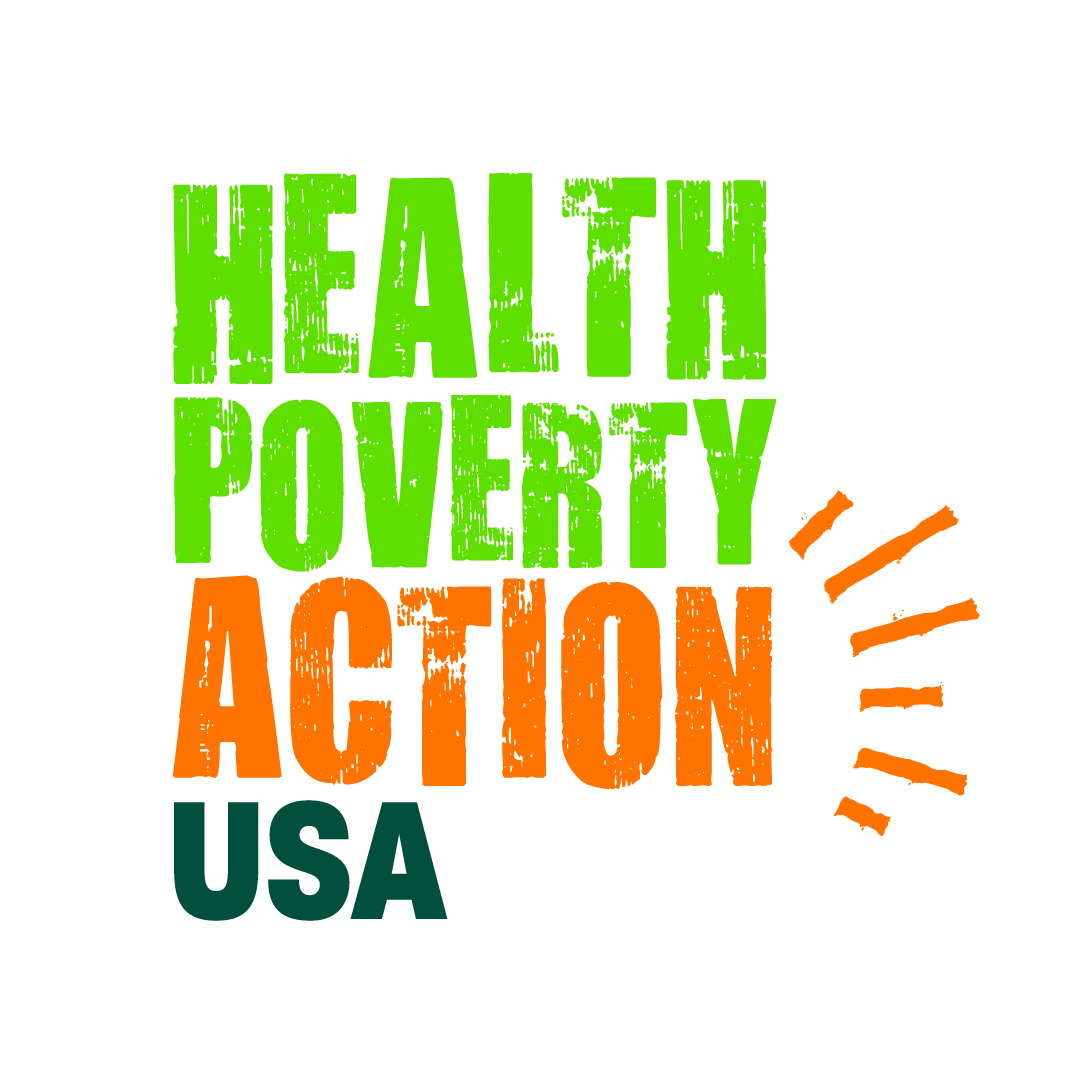The cycle of poverty and poor health
On by Sorsha Roberts
Millions of people around the world live in a cycle of poverty and poor health that is difficult to break
What is the cycle of poverty and poor health?
Poverty and poor health worldwide are inextricably linked. The causes of poor health for millions globally are rooted in political, social and economic injustices. That’s why it is so crucial to tackling the root causes of poor health as well as the symptoms.
Poverty increases your chance of getting ill because of:
- Poor nutrition
- Overcrowding
- Lack of clean water
- Harsh realities that may make putting your health at risk the only way to survive or keep your family safe.
Poor health increases poverty by:
- Reducing a family’s work productivity
- Leading families to sell assets to cover the costs of treatment. This increases poverty and their vulnerability to shocks in the future.
Other factors that contribute:
Infectious diseases such as diarrhoea, tuberculosis, malaria, and HIV – as well as neglected tropical diseases – kill and weaken millions of the poorest and most vulnerable people each year. This takes children and teachers out of school and ruins economies by attacking people in their most productive years.
Where war and internal conflict exists there is another layer of risk and vulnerability that deepens the cycle.
The effects of climate change and environmental degradation are already threatening to destroy livelihoods and spread disease.
The economic and political structures that sustain poverty and discrimination need to be transformed in order for poverty and poor health to be tackled.
What are the solutions?
• Wealthy countries must work towards a new development framework that prioritises structural change, such as the need for progressive taxation and eradicating tax dodging, and much more scrutiny of corporate behaviour.
• Where aid is needed, is must be long-term and predictable and more of it must go towards strengthening national health systems, not just tackling specific diseases.
• More health workers need to be trained and retained in developing countries. Wealthy countries must support this, and take steps to reduce their own poaching of qualified health professionals from countries that can least afford to lose them.
• Developing country governments must put a greater priority on health and address the need for equitable, universal health coverage.
• Addressing the factors that sustain the cycle of poor health, such as poor nutrition, unsafe water and sanitation and a lack of education must be a priority. This means radically reducing poverty.
• Wealthy countries must take steps to tackle the trade and intellectual property barriers to affordable access to medicines for the world’s poor.

